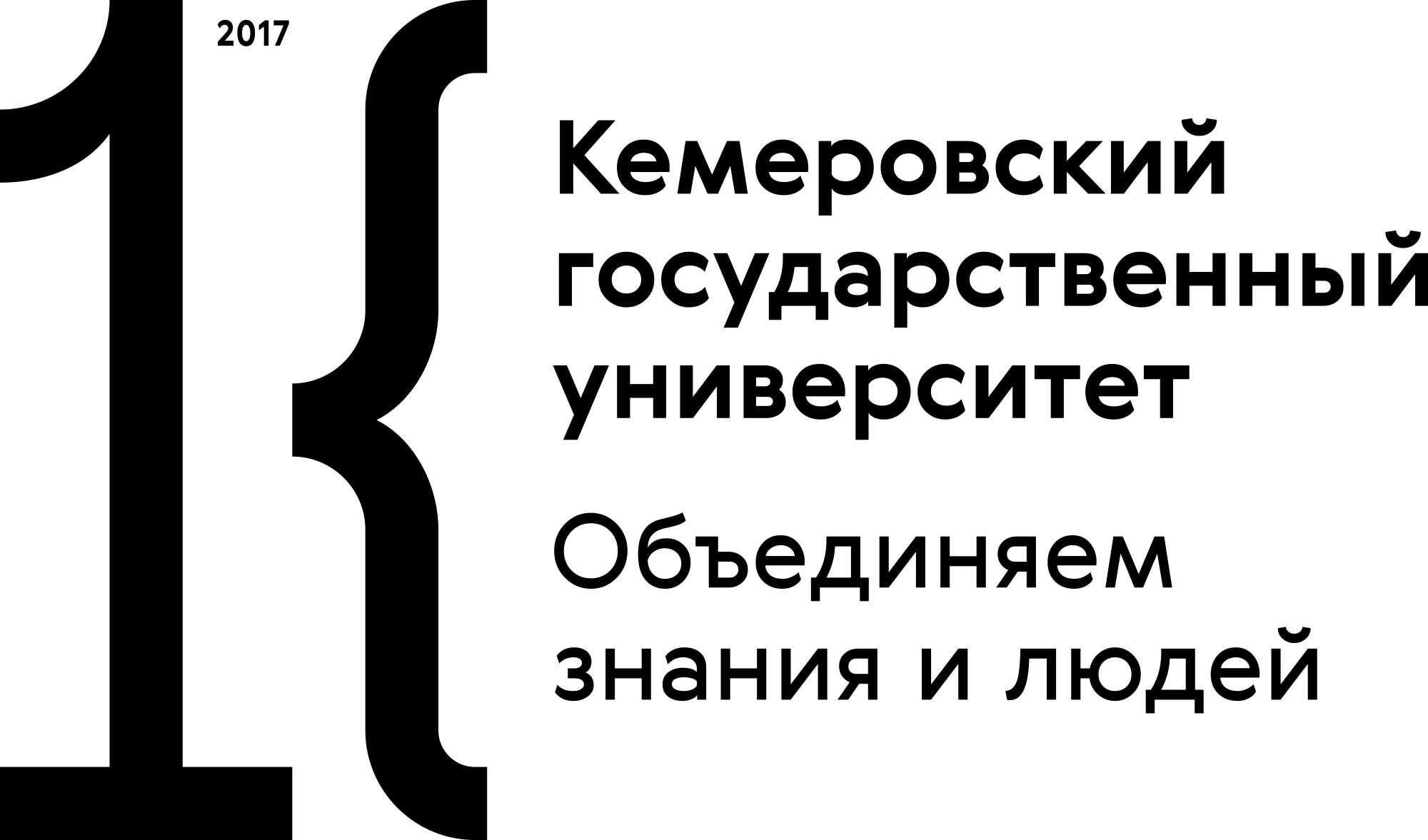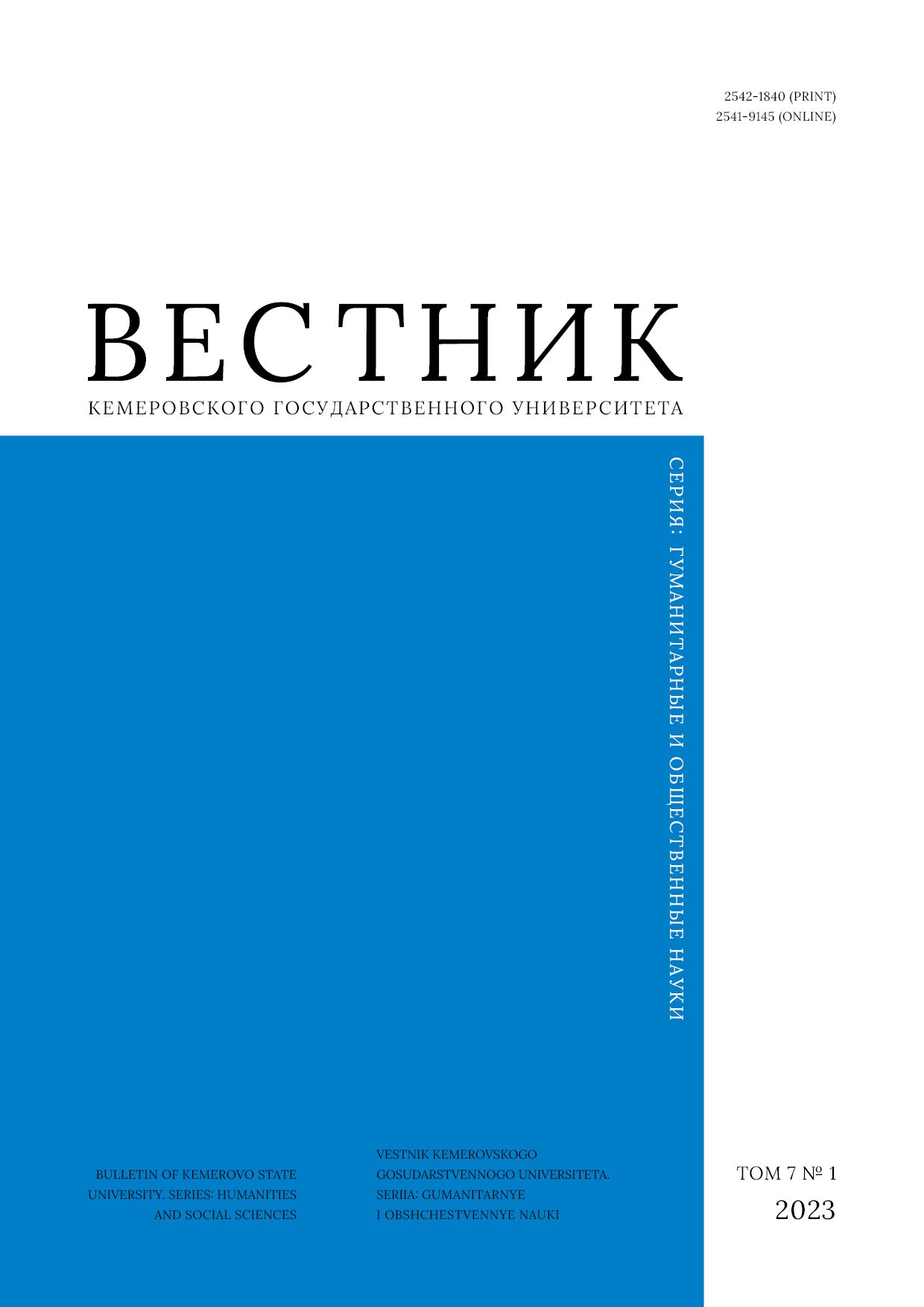Sevastopol, Simferopol, Russian Federation
Sevastopol State University (Foreign Languages Department, senior lecturer)
Sevastopol, Russian Federation
The article introduces the history and prospects of spiritual and moral education. The authors identified the pedagogical possibilities of ethnic culture and its inclusion in the system of spiritual and moral education. The analysis was based on the scientific potential proven by historical practice. It provided an objective assessment of the genesis of spiritual and moral education in its dynamics. As a pedagogical tool, ethnic culture is a treasure trove of moral and ethical value orientations and life meanings. The article clarifies the concepts of spiritual and moral education and ethnic culture, as well as identifies the ways of developing the spiritual and moral potential of university students. The research relied on the fundamental standards developed by the leading educationalists. It identified the place of ethnic culture in the system of spiritual and moral education developed by the specific cultural and historical conditions and based on the invaluable experience of the life of the people. Ethnic culture finds its expression in the requirements for the content of spiritual and moral education. The research makes it possible to use the academic and educational potential of extracurricular activities in the spiritual and moral education of university students.
spiritual and moral education, ethno-cultural traditions, national identity, axiological potential, principle of conformity to nature, responsibility
1. Dolzhenko O. V. University and education: between the past and the future. Pedagogika i prosveshchenie, 2013, (1): 19-36. (In Russ.) https://doi.org/10.7256/2306-434X.2013.01.3
2. Nizhneva N. N., Mikhaylova A. G., Nizhneva-Ksenofontova N. N. Development of the axiological potential of the individual in order to actualize intersubjective relations. Vectors of development of contextual education, ad. Komarova E. P. Voronezh: Nauchnaia kniga, 2022, 257-271. (In Russ.) EDN: https://elibrary.ru/JNPYMA
3. Metlik I. V. Value-oriented guidelines for civic education and spiritual and moral education in a Russian school. Pedagogika, 2020, (6): 77-88. (In Russ.) EDN: https://elibrary.ru/JBVGXA
4. Ushkin S. G., Koval E. A., Zhadunova N. V. From theoretical design to practical viewpoints: implementation of ethical principles are in young life strategies. Monitoring of Public Opinion: Economic and Social Changes, 2020, (3): 66-93. (In Russ.) https://doi.org/10.14515/monitoring.2020.3.1596
5. Ushinsky K. D. Collected works. Vol. 2. Pedagogical articles. 1857-1861. Moscow-Leningrad: APS RSFSR, 1948, 655. (In Russ.)
6. Bishop Zinovy (Korzinkin), Gatilova N. N., Menshikov V. M. Spiritual-moral upbringing: essence and subject. Uchenye zapiski. Elektronnyi nauchyi zhurnal Kurskogo gosudarstvennogo universiteta, 2014, (1): 87-92. (In Russ.) EDN: https://elibrary.ru/SQVMVB
7. Stoyunin V. Ya. Selected pedagogical works. Moscow: Pedagogika, 1991, 368. (In Russ.)
8. Slastenin V. A., Chizhakova G. I. Introduction to pedagogical axiology. Moscow: Akademiia, 2003, 192. (In Russ.) EDN: https://elibrary.ru/RYWBXR
9. Zagvyazinsky V. I. Socio-pedagogical forecasting and design of regional educational systems. Educational strategy in the early XXI century and design of regional educational systems: Proc. All-Russian Sci.-Prac. Conf., Tyumen, 27-28 May 2003. Tyumen: UTMN, 2003, 3-8. (In Russ.) EDN: https://elibrary.ru/VTHVZV
10. Timofeeva S. V., Ignatova V. V. Pedagogy of spiritual and creative development. Krasnoyarsk: Krasnoyarsk SAU, 2008, 149. (In Russ.) EDN: https://elibrary.ru/KTIOBP
11. Piskunov A. I., Vendrovskaia R. B., Klarin V. M., Plokhova M. G., Blinov V. I., Petrov V. M., Rogalenkova L. V., Savina S. L., Stetskaia T. S. History of pedagogy and education. From the origin of education in primitive society to the end of the XX century, 2nd ed. Moscow: Sfera, 2001, 512. (In Russ.) https://doi.org/10.4103/jehp.jehp_430_19
12. Nasrollahi Z., Eskandari N., Adaryani M. R., Tasuji M. H. H. R. Spirituality and effective factors in education: a qualitative study. J. Educ. Health Promot, 2020, 9. https://doi.org/10.4103/jehp.jehp_430_19
13. Wilson K. Moral and spiritual education. Westminster Studies in Education, 1993, 16(1): 5-7. https://doi.org/10.1080/0140672930160102
14. Bower W. C. Moral and spiritual values in education. Lexington: University of Kentucky Press, 2014, 232.
15. Asadzandi M. Professors, spiritual characteristics for role-modeling education. Educ Strategy Med Sci, 2017, 10(1): 23-35.
16. Crawford M., Rossiter G. Teaching wisdom: religious education and the moral and spiritual development of young people. Journal of Christian Education, 1991, os-34(2): 47-63. https://doi.org/10.1177/002196579103400206
17. Gerone L. G. T. de, Bataglia P. U. R. Spirituality and morality in the practice of teachers. Revista Científica Multidisciplinar Núcleo do Conhecimento, 2020, ed. 9, vol. 1, 108-120.
18. Sharifnia A. M., Fernandez R., Green H., Alananzeh I. Spiritual intelligence and professional nursing practice: a systematic review and meta-analysis. International Journal of Nursing Studies Advances, 2022, 4. https://doi.org/10.1016/j.ijnsa.2022.100096
19. Rusakova T. G. Arts as the factor of formation and enrichment of spiritual experience of a personality. Grani poznaniia, 2014, (2): 52-54. (In Russ.) EDN: https://elibrary.ru/RXOFDR
20. Solovtsova I. A. Requirements for the content of spiritual and moral education: classical approach. Pedagogy. Theory & Practice, 2020, 5(6): 727-733. (In Russ.) https://doi.org/10.30853/ped200168
21. Doehring C. Using spiritual care to alleviate religious, spiritual, and moral struggles arising from acute health crises. Ethics, Medicine and Public Health, 2019, 9: 68-74.
22. Novikov N. I. Upbringing and instructing children. Moscow-Berlin: Direct-Media, 2015, 145. (In Russ.)
23. Valieva Z. I. Reflection of the ideas of patriotic education of the rising generation in the Russian pedagogic thought. Izv. Volgogr. gos. ped. un-ta, 2015, (5): 44-48. (In Russ.) EDN: https://elibrary.ru/UMNDOH
24. Bogdanovich I. F. Bringing up the youth. Moscow: Tip. Platona Beketova, 1807, 228. (In Russ.)
25. Kireevskii I. V. The nature of the enlightenment in Europe and its relation to the enlightenment in Russia. Criticism and aesthetics. Moscow: Iskusstvo, 1979, 248-293. (In Russ.)
26. Gritsay L. A. Views on children parenting in the family in the pedagogical heritage of the westerners and slavophiles (the works of V. G. Belinsky and A. S. Khomiakov). Vestnik Tomskogo gosudarstvennogo universiteta, 2014, (378): 198-202. (In Russ.) EDN: https://elibrary.ru/RZCIED
27. Boguslavsky M. V. N. I. Pirogov - pedagogical ideals and realities of life. Problemy sovremennogo obrazovaniya, 2010, (6): 21-33. (In Russ.) EDN: https://elibrary.ru/NTPINL
28. Breshkovskaya K. Yu., Kuvyrtalova M. A. The analysis of Leo Tolstoy's views on psychological and pedagogical conditions of the effective organization of learning. Gumanitarnye vedomosti TGPU im. L. N. Tolstogo, 2013, (3): 66-88. (In Russ.) EDN: https://elibrary.ru/RHMGWZ
29. Vodovozov V. I. Subjects of study at the folk school: methods of teaching literacy, numeracy, and other subjects, 2nd ed. St. Petersburg: Tip. V. A. Poletiki i F. S. Sushchinskogo, 1875, 277. (In Russ.)
30. Rozanov V. V. Twilight of enlightenment. In: Rozanov V. V. Aesthetic understanding of history. Moscow: Respublika; St. Petersburg: Rostok, 2009, 622-815. (In Russ.) EDN: https://elibrary.ru/QWVOXD
31. Maistrenko A. I. The problem of moral education in the history of native pedagogy. Modern pedagogical education, 2019, (5): 28-33. (In Russ.) EDN: https://elibrary.ru/NAUKQE
32. Shatskii S. T. Selected pedagogical works. Moscow: Pedagogika, 1980, vol. 1, 304. (In Russ.)
33. Mikhaylova A. G., Kokodey T. A. Polyethnic culture as the basis of professional and personal success. Modern trends in the development of science and the world community: Proc. I Intern. Sci.-Prac. Conf., Anapa, 3 Mar 2022. Anapa: Innova, 2022, 34-39. (In Russ.) EDN: https://elibrary.ru/KUPUYD


















